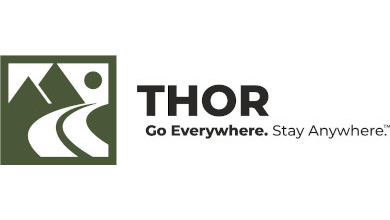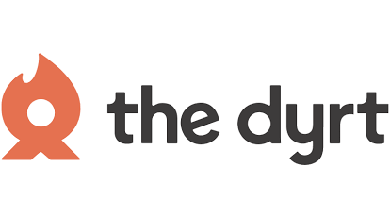THOR Industries Releases Climate Change Report

THOR Industries has published its Carbon and Climate Report, detailing the RV manufacturer’s sustainability risk management approach for managing the business threats presented by climate change. The disclosure also presents a plan for mitigating direct and indirect carbon emissions, also known as Scope 1 and Scope 2 emissions, across the company’s operations.
THOR’s steady spotlight on sustainability as a business imperative comes as the world celebrates the 51st Earth Day and the kickoff to the camping season. Since the beginning of 2020, more individuals and families than ever are turning to the outdoors for relaxation, fun and connection with nature and each other – a trend predicted by business analysts to continue for the long term.
“Climate change is a direct and real threat to the environment our owners rely on to enjoy the RV lifestyle, which creates a threat to our business. Aside from being the right thing to do, it is imperative for THOR Industries to manage these risks and lead the RV industry in doing so. Our Disclosure on Carbon and Climate report sets a baseline and the action steps needed to deliver on our ambitious sustainability goals,” said Chris Workman, vice president of Global Supply Management and Sustainability.
THOR said the Carbon and Climate Report quantifies current emissions across the THOR family of companies, defines reduction targets and identifies key actions to help realize THOR’s carbon net-neutral goal by 2050, including:
- Engaging with electricity partners to understand and drive conversion to renewables
- Internal investments in renewable energy self-generation
- Reduction of energy use, including a recent investment of $1,279,000 anticipated to realize an estimated 10,815 MWH energy reduction
- An expanded partnership with the National Forest Foundation to plant half-a-million new trees by 2025
In 2020, THOR signed the UN Global Compact “Business Ambition for 1.5°C”, making an industry-leading commitment to achieve a 50 percent reduction in greenhouse gas emissions by 2030 and achieve net neutrality by 2050.
According to Workman, the progress the company has made in establishing significant sustainability targets and benchmarking impacts is a natural progression of its growth and long-term business goals.
“THOR views sustainability as both a business imperative and an opportunity for positive environmental and social change. What is good for the outdoors benefits our owners, industry partners and ultimately, our business. We will continue to make improvements, share progress and challenge ourselves and our family of companies to do more,” said Workman.


